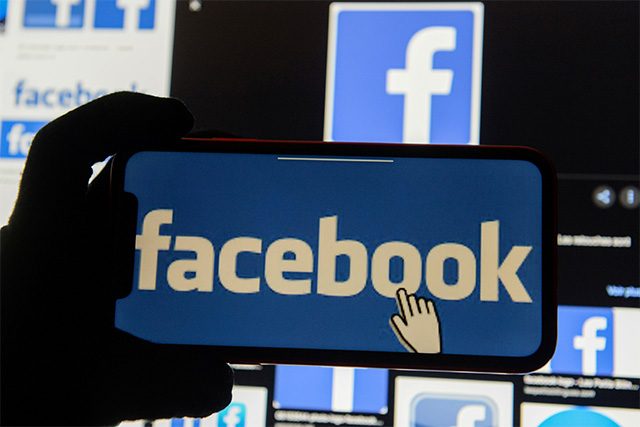
Filipino online users are advised to be more vigilant on social media amid reports of malicious tagging on Facebook.
The Cybersecurity Bureau of the Department of Information and Communications Technology on Wednesday released recommendations on how the public can protect themselves on social media.
The bureau said social media users should not take the bait if they see footage being promoted online with the words “exclusive,” “shocking” or “sensational.”
The agency added that if it sounds too outlandish, “it’s probably a scam.”
Online users are also advised to be careful whenever they see shortened website links as it could be a disguise for a malicious link containing malware or a virus.
“Don’t fall for it. If you don’t recognize the link destination, don’t click,” DICT’s bureau said.
In addition, online users are likewise advised to be wary of their friends’ “taste” online.
“It might not actually be them ‘liking’ or sharing scam links to photos. Their account may have been hacked or compromised by malware,” it said.
The bureau also encouraged social media users to report scam posts and other suspicious activities to Facebook.
The advisory came after some Facebook users reported suspicious tagging on Facebook containing adult content.
Some Facebook users reported that they received a notification that they have been tagged or mentioned in a comment by a fellow Facebook user who is not their Facebook friend.
A Facebook user warned that by clicking the link attached to the tagged post, one’s account will automatically tag other users on his friends list without the user’s knowledge.
The National Computer Emergency Response Team-Philippines shared ways on how social media users can avoid falling for such scams.
Reports said that Facebook has already taken down the page behind the cyber-attacks and has sanctioned its administrators.
The social networking site’s spokesperson said that they are “continuing to investigate the reports” despite the sanctions imposed.
Facebook users were also reminded to refrain from opening “any suspicious links or messages.”
Meanwhile, global cybersecurity company Kaspersky advised social media users to always set a strong password and take advantage of the security and privacy features of a platform.
“You can control who can tag you or who can see your posts. Because Facebook regularly makes changes to their settings, it’s worth your attention and time to check your own saved settings from time to time to update it for maximum privacy,” Yeo Siang Tiong, general manager for Kapersky Southeast Asia, said.









